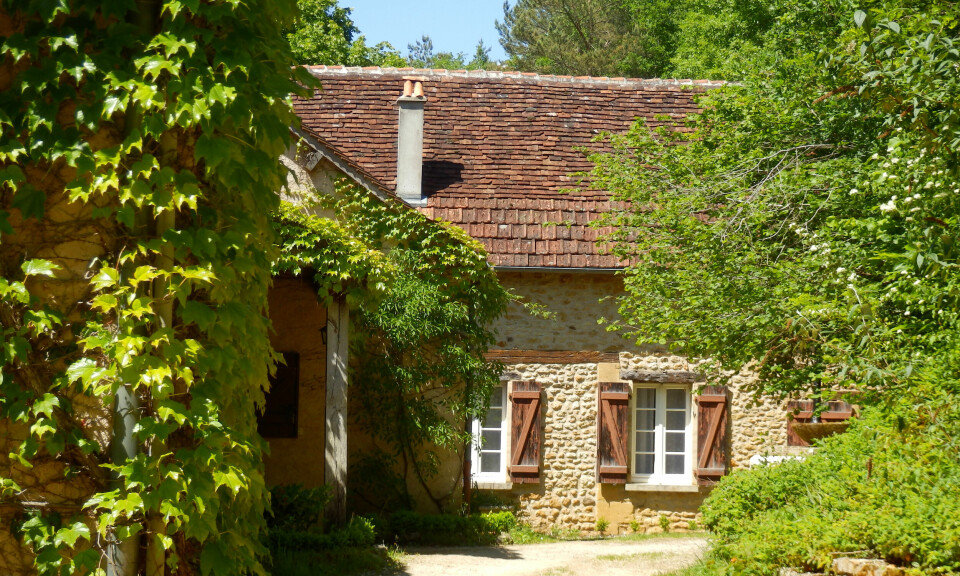-
What is an assurance vie and how does it work in France?
This popular French financial tool can help reduce inheritance tax
-
Explained: Overview of how French inheritance law works for property
Understanding what happens to your home when you are not French
-
Find a rural home in France for under €100,000 without renovation hassle
See country houses for sale within this budget that are ready to move in to
Will my UK will ensure my French second home passes to my child?
We look into the advantages of creating a second will for French assets

Reader question: My English will states that my second home in France should be left 50% to my only child and 50% to her two children. Am I likely to encounter any problems not having a French will?
John Kitching, director of French Law Consultancy, a firm that assists British clients with French assets, said that an English will is valid in France and is protected by various international conventions.
However, depending on the wording of the will, there could be issues.
“For example, many English wills appoint executors and trustees who are not beneficiaries. This can cause problems but can often be overcome or explained,” he said.
“A more significant problem is where wills contain discretionary trusts or are not clear as to who the beneficiary is and when they inherit. This can be taxed at 45% to 60% and attracts no tax exemption.
“Using a UK will in France also generally requires a translation and an affidavit of law to confirm the validity, effect, relevant jurisdiction and executors’ powers, which can be costly, and if assets are in more than one country then it is possible that each jurisdiction will want to register the original will but only one jurisdiction can have the original.
“It can be dealt with but it can be complicated.”
Mr Kitching instead recommends getting both a carefully prepared French will to cover French assets and a UK will for British assets but to be careful that they do not revoke each other.
Read more: French property rights: How does tontine clause work on first death?
Inheritance complications
Mr Kitching said that leaving 50% of the house to one child and the other 50% to two grandchildren could get confusing and there are many aspects to consider.
He said that it is best to seek expert, case-specific legal advice.
One problem is related to inheritance tax.
“A child gets a tax free allowance of €100,000, but grandchildren only get €1,594 each,” Mr Kitching said.
“The sliding scale of tax for descendants applies above those exemptions, from 5% to 45%, although the 20% band extends up to around €552,000 per beneficiary in addition to the tax free allowance.
Read more: French tax declaration: Are there capital gain abatements for shares?
Read more: When are property sales in France free from capital gains tax?
Another potential issue is whether the grandchildren are minors.
“If they are, it becomes enormously complicated and expensive to sell on the property as consent to act on behalf of a minor is required, generally requiring an order from the UK court or French court,” Mr Kitching said.
Finally, there is the question of potential conflict between the inheritors.
“Co-owning between child and grandchildren is also less easy than owning in one person's name,” Mr Kitching said.
“All parties need to be involved in the estate and agree to any sale and contribute to costs, maintenance, etc.
“It can create conflict. In addition, there are the usual warnings about what happens if one co-owner suffers a divorce or bankruptcy or loses mental capacity or dies.”
Related articles
Helpguide: Income Tax in France 2022 (for 2021 income)
Should I declare capital gain in France from selling overseas home?
As a widow, do I need a French will to ensure house goes to children?
























